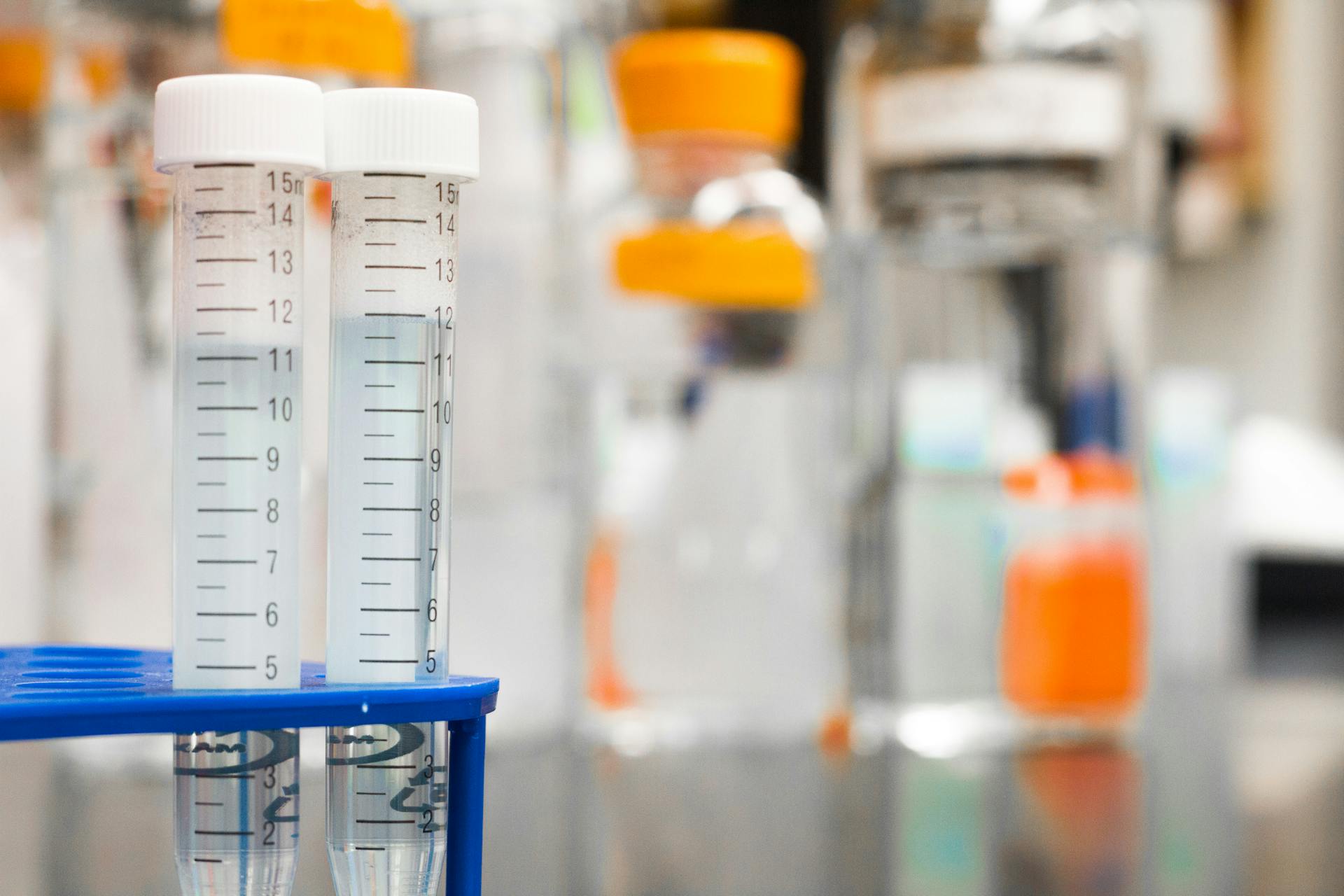SINGAPORE: Singapore is tapping on artificial intelligence (AI) to develop a tool to detect a new type of synthetic drug called new psychoactive substances (NPS) that has emerged around the world.
These synthetic drugs have gained notoriety worldwide for their powerful stimulant and hallucinogenic effects, often surpassing those of traditional controlled substances.
What makes NPS particularly dangerous is their ability to evade detection by standard drug testing methods, posing significant challenges for authorities.
Conventional drug testing kits, which rely on analyzing samples like urine, saliva, or hair, have advanced capabilities for detecting many controlled substances. However, these kits fall short when it comes to NPS, as the chemical byproducts left in the body by users of synthetic drugs differ from those produced by traditional drugs.
This allows NPS users to often test negative, even while under the influence, making the substances difficult to detect and regulate.
NPS are deliberately created by altering the chemical structures of scheduled drugs, allowing traffickers to bypass legal restrictions. These modifications result in substances that are either undetectable or require years to identify using existing technology, leaving law enforcement agencies a step behind.
Recognizing the growing threat, Singapore’s Central Narcotics Bureau (CNB) has intensified its collaboration with forensic agencies to develop quicker detection methods. A breakthrough in these efforts is the development of an AI tool that can predict the chemical composition of synthetic drugs.
By utilizing machine learning algorithms, the tool will analyze and identify structural similarities between NPS and known controlled substances, enabling authorities to flag and respond to new drugs more swiftly.
Despite these advancements, the CNB acknowledges that current detection methods are still insufficient, and efforts to combat synthetic drug use remain ongoing. Until the AI tool becomes operational, authorities must continue to rely on traditional methods, including cooperation with former drug addicts to identify potential drug abusers.
Preventive education also remains a key part of Singapore’s approach to the NPS crisis. The CNB has emphasized that alongside law enforcement, public awareness and education campaigns are essential in addressing the risks posed by these synthetic drugs.

